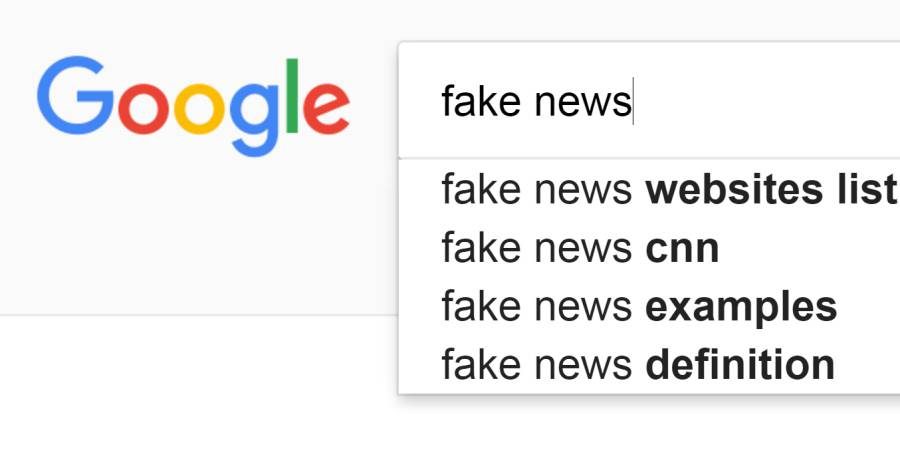In the last quarter of 2016, the fake news phenomena became the favorite topic for politicians and media outlets alike. The subject put big companies like Facebook and Google in the spotlight. However, false information on the net is nothing new, and there is little private, or public organizations can do about it right now.
First, it’s hard to define fake news because it is, by nature, an abstract concept. In the most fundamental of the aspects, you could say the term makes reference to any content with information that is not real regardless the presentation.
So, things like Facebook posts, news articles, YouTube videos, and even Tweets count. Of course, these are just a few examples.
Why is fake news dangerous?
In the era of information, millions of people started getting their daily those of reality from online sources. According to the theories, many of those people believe everything they see on the net without fact checking and act upon it.
If that were true, then false information on the web would be one of the biggest problems of our modern society. Any user can surf the web and find almost any kind of content regardless how beautiful, useful, or horrible it is. In fact, any user can upload whatever they want on the web.
According to InternetLiveStats, almost 3.5 billion people had access to the Internet in 2016, and the number has been increasing exponentially since 1995 when only 1% of the world population was connected to the World Wide Web.
The role of Facebook and Google on misinformation
Having those numbers in mind, it is understandable why the government is worried about fake news and the impact it has in society. Moreover, it would be logical for companies like Facebook actively fight the problem.
The social media platform, founded by Mark Zuckerberg, is the perfect example because of the reach it has. According to Statista, Facebook boasted 1.79 billion active users per month in the third quarter of 2016. That is almost half of the whole connected population.
So, it should set several fake news countermeasures. Since the presidential elections in November, Facebook and Google have been dealing with a lot of media pressure. Apparently, during the electoral process, fake posts and articles popped up all over the web favoring the then Republican candidate, Donald Trump.
Some claimed the Google search engine hid stories that talked about Hillary Clinton in negative way while others assured the algorithm ranked fake news about Trump.
What can these companies do about misleading information on the web?
Not much. At least, not without violating a series of rules that protect the Internet as an interaction environment. The Federal Communications Commission named it the ‘Open Internet Order,’ but most people know it as Net Neutrality.
However, the new FCC Chairman, Ajit Pai, is known Net Neutrality critic, and under the Trump administration, those rules could change dramatically. The implications for the ordinary citizens are many, but that is a topic for another article.
In the meantime, many interested parties are tackling the problem head on. Facebook started journalism project last year and updated the trending section to try and address the problem.
Google has always been trying to deal with the problem for years now. Last year, the company enabled the “Fact-Check” label on the Google News platform. The company also launched an anti-bad-ads campaign this week, to name a couple of examples.
Even scientists are trying to do something about it. A group of researchers from three universities developed an anti-fake news “vaccine.” They posted the results of their study last week.
Just Google it
The Internet has always been full of false information. Last month, rumors were saying Britney Spears, and Queen Elizabeth had died. There are hoaxes about shows, fake tutorials, photos, videos, and much more.
In fact, a great deal of the news industry focuses on “false” news. Everybody loves a good rumor, especially if the article is about a new iPhone or the Galaxy S8. Sure, some of it ends up being true, but at the time big media outlets publish them, they are not based on facts.
Then, there are the opinion sites. This kind of web pages put the information into perspective, and hence, anyone who consumes their content should do a little investigation and use the information in a responsible way.
Big companies use many news sites to make public announcements, so it is now impossible to stop relying on them. However, sometimes they make mistakes, and that’s alright.
Look for the original source of information and check it first hand. Question the theories and do a little research, especially if you are going to post it on social media. There are nearly 3.5 billion people on the net, and many of them are uploading “fake news” every day. Don’t trust me, google it.



